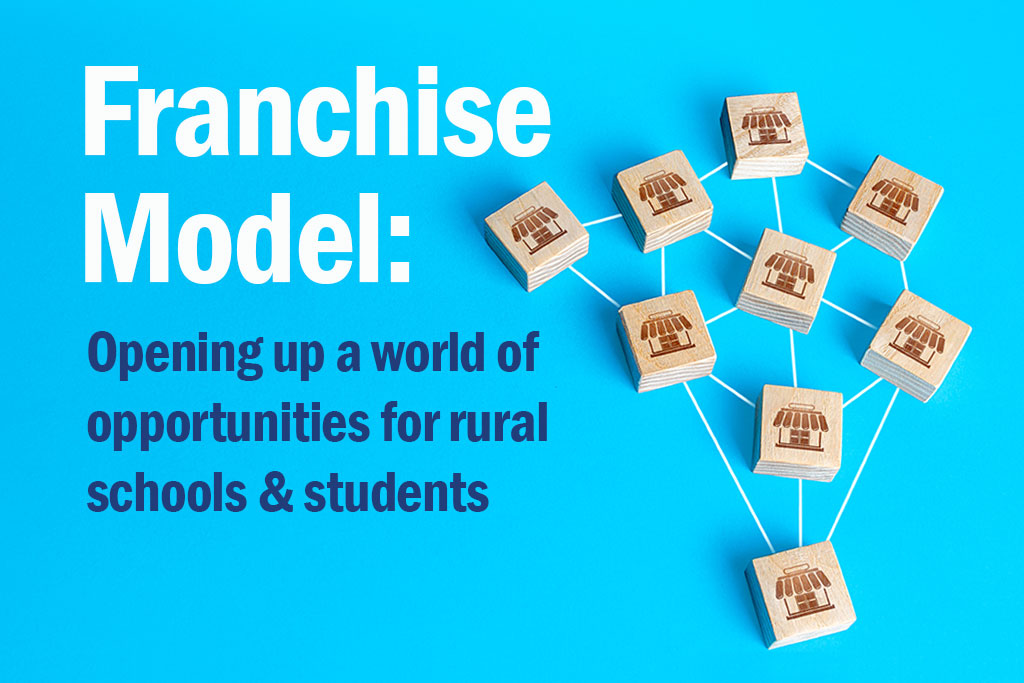 7 tips to ignite quality, online learning partnerships
7 tips to ignite quality, online learning partnerships
The country’s most popular fast-food restaurants, coffee shops and pizza delivery services all have them. But did you know that an increasing number of states across the U.S. have plugged into the franchise model for online learning?
Franchises for quality, state-based online programs geared especially to K-12 rural school districts are seeing a boon. Even as the pandemic slowly fades into history, the franchise model expands a district’s course curriculum to be customizable for its students. This is welcome news for rural districts as they can now offer, literally, a world of courses to their students.
Several state-based programs – all Virtual Learning Leadership Alliance members – are blazing the trail in partnering with schools using what is termed a franchise model. Specifically, VLLA members provide the foundation, honed through years of experience, to help districts start their own programs.
The following VLLA members offer franchise models:
- ACCESS Virtual Learning
- Capital Area Online Learning Association (CAOLA)
- Colorado Digital Learning Solution
- Georgia Virtual School
- Indiana Online
- Michigan Virtual
- Montana Digital Academy
- NC Virtual
- Virtual SC
- Virtual Arkansas
- Virtual Virginia
- Wisconsin Virtual
“The plan is simple,” said Mia Murphy, Ed.D., executive director of North Carolina Virtual Public School. “Our Partnership Courses Program provides the technology, content, training, and support while districts provide their own teachers. This allows them to focus on their most important stakeholders in the education continuum, the students.”
While the pandemic certainly boosted the popularity and necessity for the franchise model of quality virtual learning, early advocates know it’s here to stay. Sara Rotureau, student and school services team leader for VirtualSC, stands out among these leaders. Following significant growth in the 2020-21 school year, she anticipates positive growth ahead.
“In our experience, schools and students benefit from this model of virtual learning due to the level of flexibility,” she said. “Schools can build their virtual learning programs to meet the individual needs of their student populations which is unique to each district.”
Flexibility, along with opportunity, solutions, and support, form the cornerstones for successful online learning partnerships. State online programs provide the infrastructure and standards-based curriculum, while districts expand their online courses to address the unique challenges and needs using their own teachers.
7 tips for successful online learning partnerships
Just as Harland Sanders had to perfect his trademark chicken to replicate at KFC franchises across the South in the early 1930s, so, too, have state-based online franchise programs. VLLA members who have emerged as leaders in the franchise model have learned through their experiences.
To help other VLLA members enjoy success in their franchise partnerships, they offer the following observations:
- Transparency, communications, and collaboration are key.
- State your expectations, mission, and program values up front.
- Each decision is made for the partnership’s benefit.
- Cooperation and understanding. Remember, many districts are setting up a virtual program for the very first time.
- Alleviate “known” barriers (e.g., technology, content, support, training, etc.) by providing them through the partnership.
- Allow districts to structure curriculum based on their schools’ and students’ needs.
- Continuous support and resources.
NCVirtual is a testament to creating successful franchise models. With enrollment tripling in its inaugural year, the state program sees the most continued growth with district-based virtual academies. Their partner districts’ successes are their successes.
“One of our partnership schools which has been a part of the Partnership Courses program since its inception in 2020 continues to increase its enrollment every semester and actually had enrollments in five courses they never used before this past semester,” said Murphy. “Another partnership school now is fully staffed to build their own courses based on the successful outcomes, support, and training we provided to them.”
Similar successes, coupled with an ever-increasing demand for online and hybrid learning, promise to secure the franchise model as a standard bearer for the future of K-12 education. VLLA and its members have emerged as leaders, setting the stage for others to follow.
While good ’ole Mr. Sanders may not have ever fathomed the proliferation of his iconic chain, education leaders like those noted above, definitely understand and embrace the future of franchise partnerships.
 Increase in demand juxtaposed by overall teacher decline
Increase in demand juxtaposed by overall teacher decline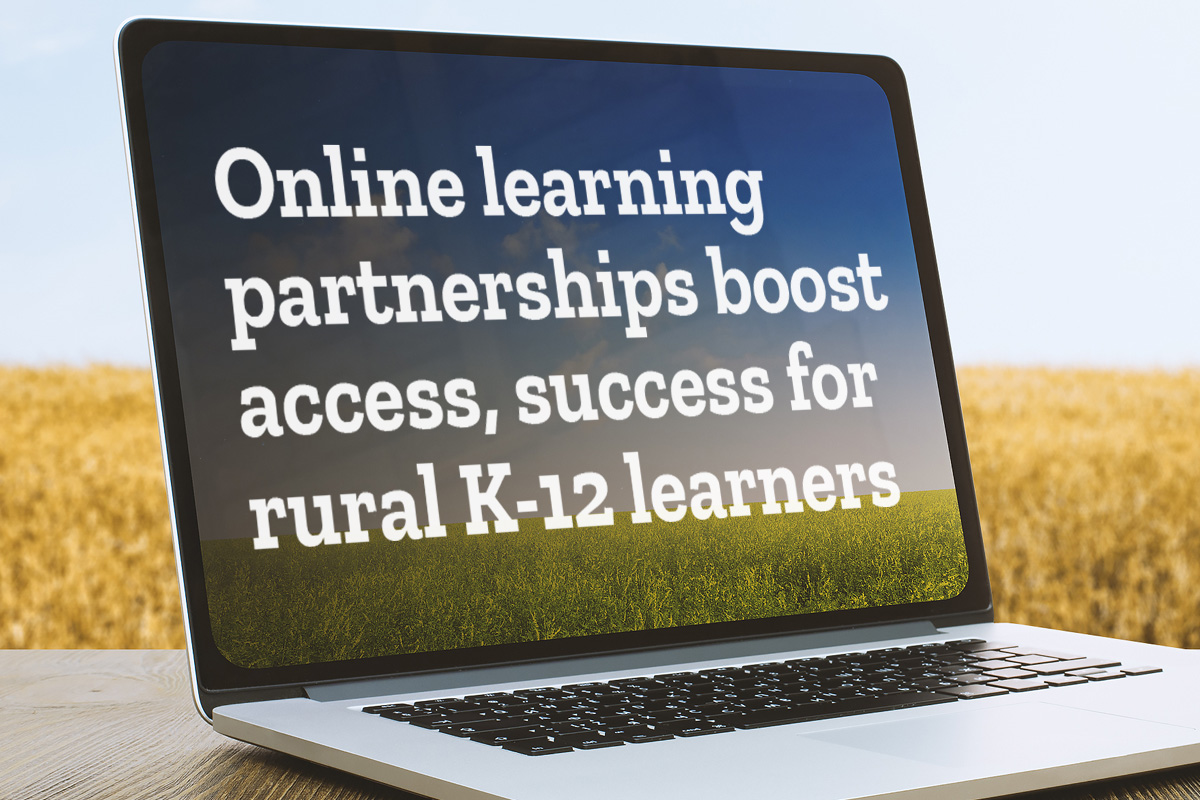
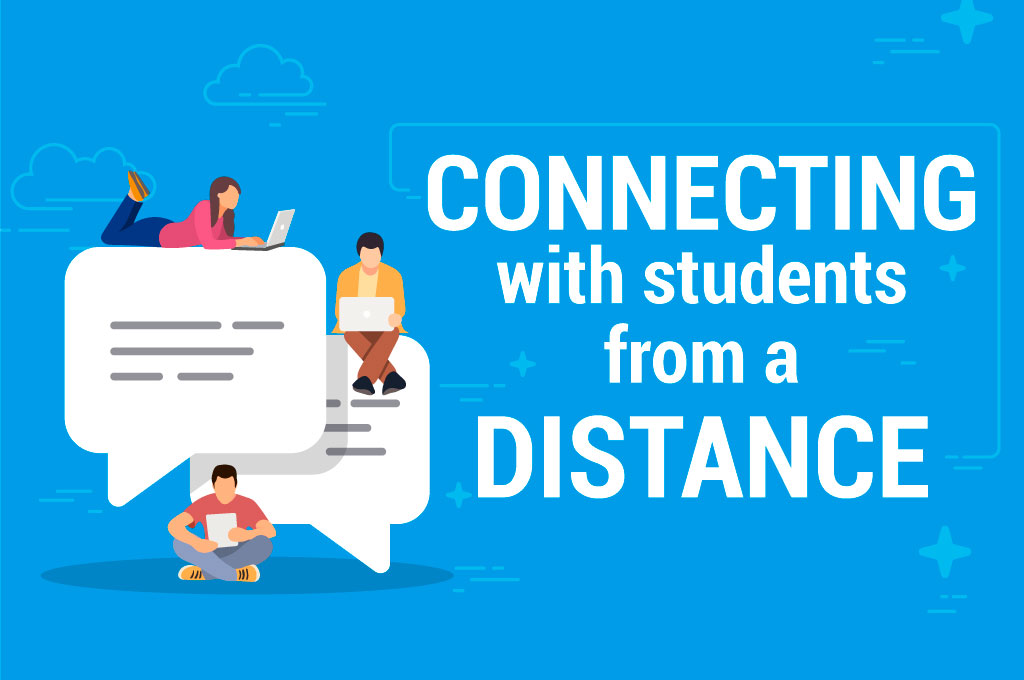
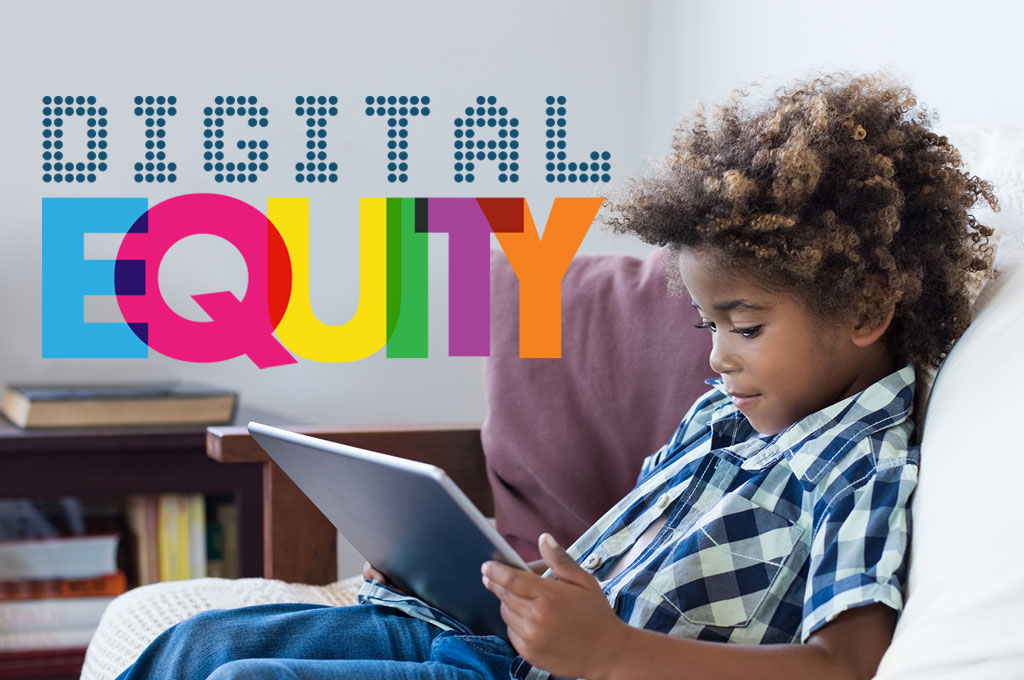
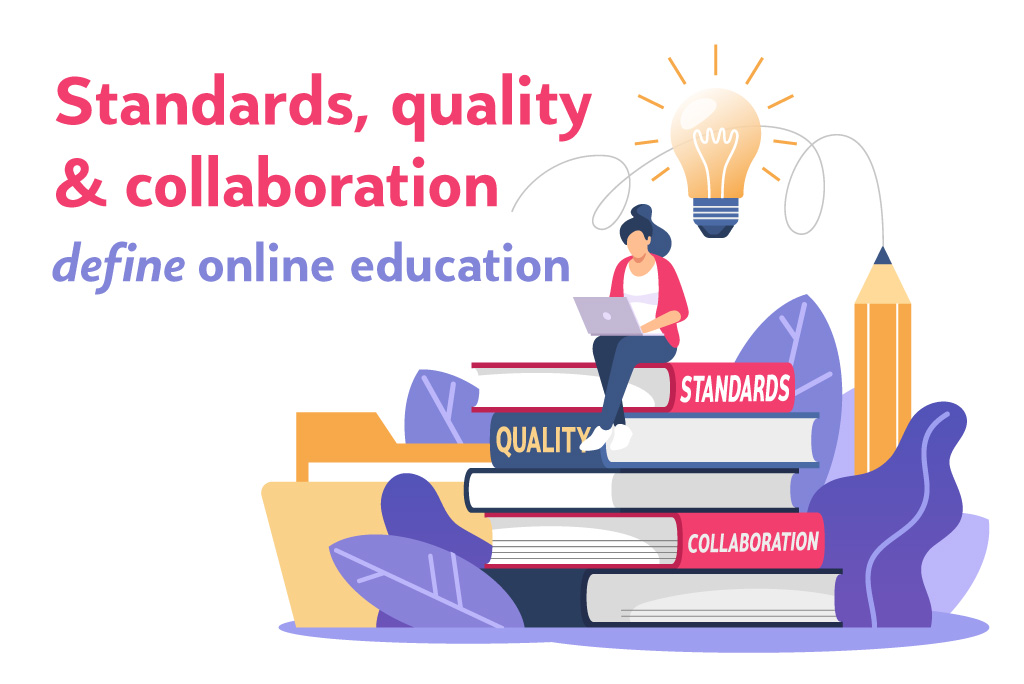
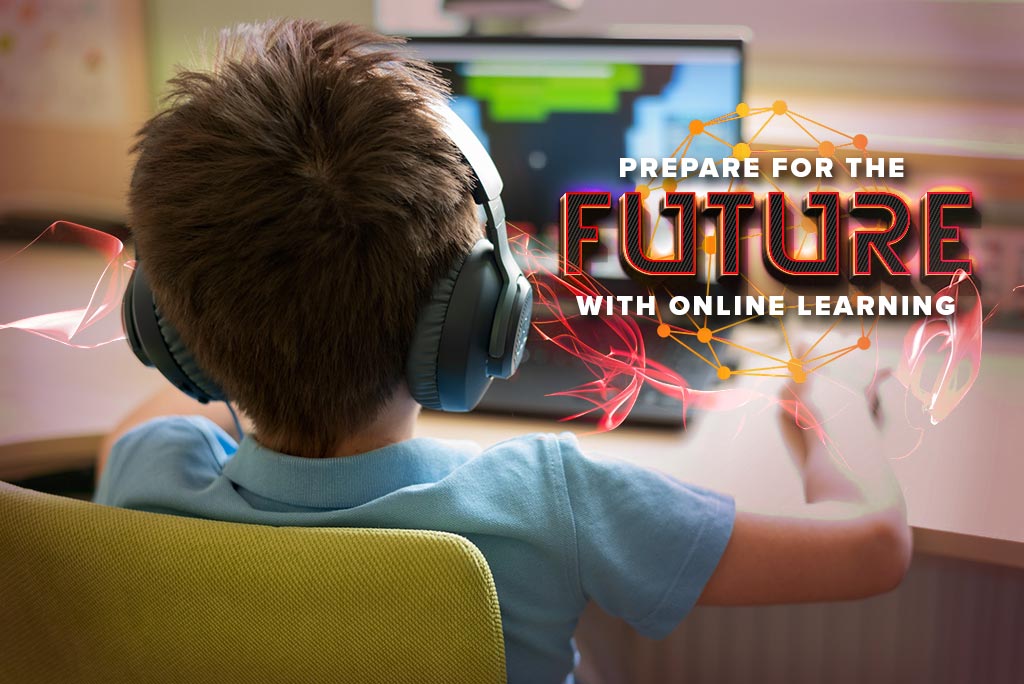 Since the onset of the COVID-19 pandemic, online learning has definitively moved to the forefront of education. Course enrollments have steadily grown for years, even before the pandemic. The 2019-2020 semester course enrollments for Virtual Learning Leadership Alliance members were over a half million. “Many students who would never have seen themselves as online students realized the model was working better for them,” says Joseph South, chief learning officer for ISTE, an organization that advocates for technology in education. “A fall 2020 RAND survey of district leaders found that 1 in 5 schools have already adopted or plan to adopt virtual schooling after the pandemic.” Virtual charter schools have existed for years, but individual districts are starting to dabble in the virtual schooling world.
Since the onset of the COVID-19 pandemic, online learning has definitively moved to the forefront of education. Course enrollments have steadily grown for years, even before the pandemic. The 2019-2020 semester course enrollments for Virtual Learning Leadership Alliance members were over a half million. “Many students who would never have seen themselves as online students realized the model was working better for them,” says Joseph South, chief learning officer for ISTE, an organization that advocates for technology in education. “A fall 2020 RAND survey of district leaders found that 1 in 5 schools have already adopted or plan to adopt virtual schooling after the pandemic.” Virtual charter schools have existed for years, but individual districts are starting to dabble in the virtual schooling world.

 Jason has nearly 20 years of experience in education, first as a classroom teacher, then as a technology integration specialist and technology coordinator near Omaha, Nebraska, and then as an instructional technology coach in Northeastern Wisconsin. In July 2021, Jason became the Executive Director of Wisconsin Virtual School (WVS). Jason earned his Bachelor’s Degree in elementary education from Martin Luther College in 2004 and earned a Master’s Degree in secondary education and education technology from the University of Nebraska at Omaha in 2011. Jason holds certifications from several education technology organizations and is a CoSN Certified Ed Tech Leader. Outside of working hours, Jason enjoys reading, woodworking, golfing, kayaking, and camping with his family. Jason married Heidi in 2002, and they have three children. They currently live in Green Bay, WI. Find him on Twitter
Jason has nearly 20 years of experience in education, first as a classroom teacher, then as a technology integration specialist and technology coordinator near Omaha, Nebraska, and then as an instructional technology coach in Northeastern Wisconsin. In July 2021, Jason became the Executive Director of Wisconsin Virtual School (WVS). Jason earned his Bachelor’s Degree in elementary education from Martin Luther College in 2004 and earned a Master’s Degree in secondary education and education technology from the University of Nebraska at Omaha in 2011. Jason holds certifications from several education technology organizations and is a CoSN Certified Ed Tech Leader. Outside of working hours, Jason enjoys reading, woodworking, golfing, kayaking, and camping with his family. Jason married Heidi in 2002, and they have three children. They currently live in Green Bay, WI. Find him on Twitter 
